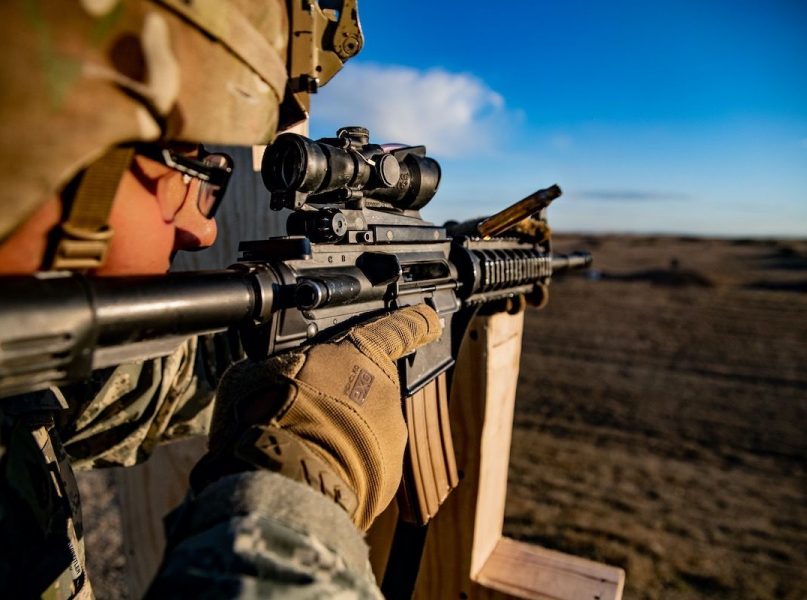The military’s scope is defined by the limitations placed on it by civilian control of the government and its resources. The military is subject to civilian oversight and is not autonomous. It cannot act without the approval of the civilian government, which means that it cannot act without the consent of Congress and the president.
The military also has geographic limitations. It can only operate within the territory of the United States and its territories. It cannot operate in another country without the permission of that country’s government.
The military also has logistical limitations. It requires food, water, fuel, ammunition, and other supplies to sustain its operations. These supplies must be transported to the theater of operations, which can be a challenge in some cases.
How does the military use its scope to achieve objectives?
The military uses its scope to achieve objectives by applying its capabilities within the limits imposed on it. The military cannot unilaterally decide to invade another country, for example. It must receive authorization from the civilian government before it can take such an action.
Similarly, the military cannot simply move into another country and start operating there. It must coordinate with the government of that country to ensure that its actions are in line with the goals of that government.
The military also has to be careful not to overextend itself logistically. If it runs out of supplies, it will be forced to withdraw from the theater of operations. This can sometimes happen if the military is not able to secure enough resupply routes or if its supply lines are cut by the enemy.
The military uses its scope to achieve objectives by carefully applying its capabilities within the limits that are placed on it. This allows it to protect US interests while avoiding actions that could lead to unnecessary conflict or escalation.
What challenges does the military face in using its scope?
One of the challenges that the military faces in using its scope is that it has to balance the need to achieve its objectives with the need to avoid unnecessarily provoking or escalatingsituations. The military cannot simply invade another country without authorization from the civilian government. This could lead to an escalation of tensions or even a full-blown war.
Another challenge that the military faces is that it must operate within the limitations placed on it by law and by treaties. The military cannot, for example, use chemical weapons. It is also bound by the rules of war, which limit the types of weapons and tactics that it can use.
The military also has to be careful not to overextend itself logistically. If it runs out of supplies, it will be forced to withdraw from the theater of operations. This can sometimes happen if the military is not able to secure enough resupply routes or if its supply lines are cut by the enemy.
The military faces a number of challenges in using its scope, but it is able to overcome these challenges by carefully applying its capabilities within the limits that are placed on it. This allows it to protect US interests while avoiding actions that could lead to unnecessary conflict or escalation.
The impact of the military’s scope on civilians and other nations
The military’s scope can have a number of impacts on civilians and other nations. One of the most significant impacts is that it can help to prevent or end conflicts. The military can also help to stabilize a situation and provide humanitarian assistance.
The military’s scope can also have negative impacts, however. If the military is not careful in how it applies its capabilities, it can cause civilian casualties or damage infrastructure. It can also create a sense of insecurity among civilians if it is seen as too powerful or as operating outside of the law.
The impact of the military’s scope depends on how it is used. When used carefully and within the limits imposed on it, the military can have a positive impact on civilians and other nations. When used improperly or excessively, however, the military can have a negative impact.
